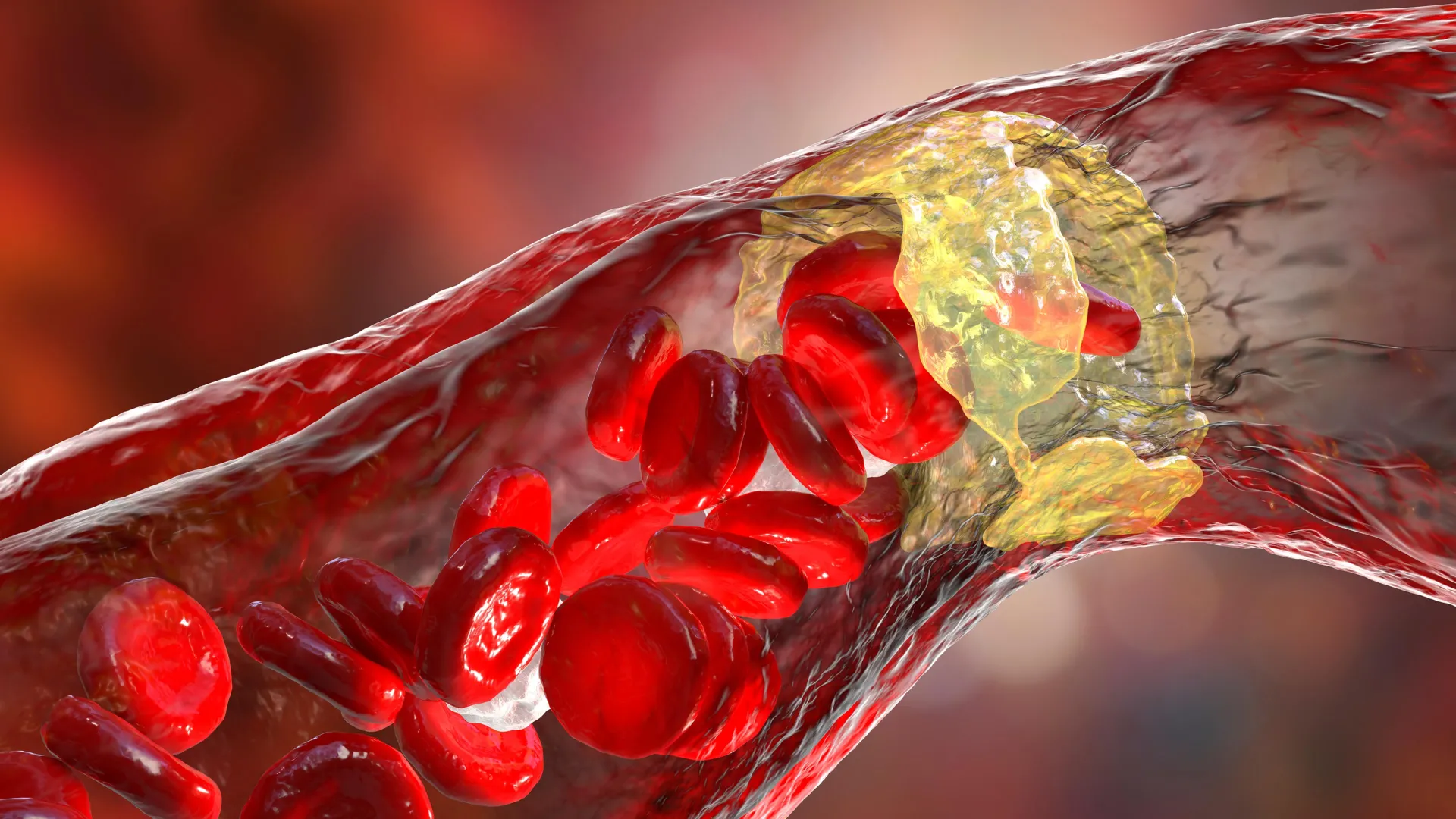Now Reading: Ozempic’s Impact: Fat Loss Accompanied by Muscle Reduction
-
01
Ozempic’s Impact: Fat Loss Accompanied by Muscle Reduction
Ozempic’s Impact: Fat Loss Accompanied by Muscle Reduction

Rapid Summary
- GLP-1 drugs help with notable weight loss and provide benefits such as improved blood sugar control, cardiorenal benefits, and survival outcomes for patients with obesity, type 2 diabetes, and heart failure.
- Researchers warn that the weight loss associated with these drugs results in substantial fat-free mass (FFM) loss, which includes muscle mass essential for posture, physical function, and overall well-being.
- FFM loss comprises 25-40% of total pounds lost on GLP-1 drugs compared to age-related declines of approximately 8% per decade.
- A review of medical literature shows GLP-1 drugs improve some heart functions but fail to significantly enhance cardiorespiratory fitness (CRF),measured by VO₂max – a key indicator of long-term metabolic health and mortality risks.
- Researchers observed promising but inconclusive evidence from small studies suggesting exercise may help improve CRF in patients on GLP-1 therapy; additional large-scale research is needed.
- Medical guidance recommends screening for risk factors like malnutrition or low muscle mass before starting GLP-1 medications.healthcare providers are encouraged to promote adequate protein intake and regular exercise during treatment to mitigate muscle loss effects.
- The findings were published in Journal of Clinical Endocrinology & Metabolism with support from NIH-funded research.
Indian Opinion Analysis
The discussion around GLP-1 drugs underscores their transformative potential for managing obesity-related conditions while highlighting gaps regarding long-term health impacts.While these medications offer marked advantages in reducing body weight swiftly – especially critical for high-risk individuals – the associated muscle loss raises concerns about metabolic healthspan and frailty among users.Muscle decline not only affects physical functionality but poses additional risks through diminished cardiovascular efficiency.For India, where lifestyle diseases such as diabetes are surging along with aging-related challenges like sarcopenia (age-linked muscle degeneration), this study signals significant considerations.Weight-loss programs reliant on pharmacological intervention alone may need supplementation with holistic approaches combining exercise regimens tailored to preserve CRF alongside adequate nutritional strategies inclusive of protein enhancement.
As public awareness grows about rapidly evolving healthcare solutions like GLP-1 therapies, policymakers should focus on integrating preventive metrics such as routine screenings into existing healthcare frameworks while encouraging interdisciplinary clinical studies suited to diverse populations including Indian demographics. Comprehensive measures could ensure broader adoption remains aligned towards truly sustainable outcomes without unintended physiological trade-offs.

























